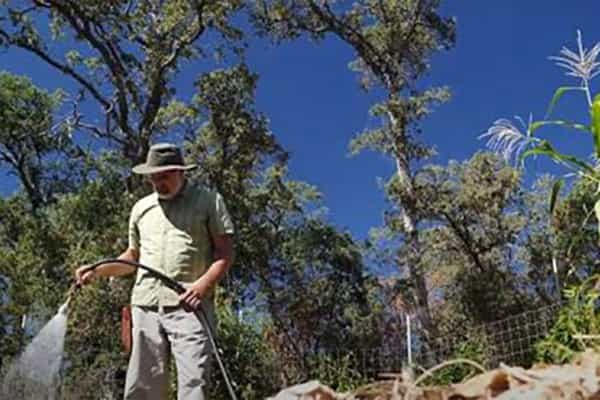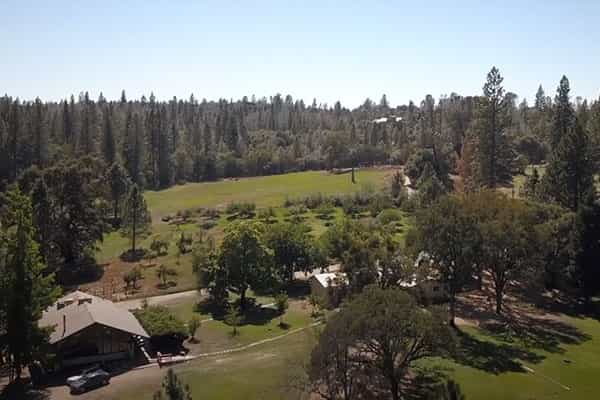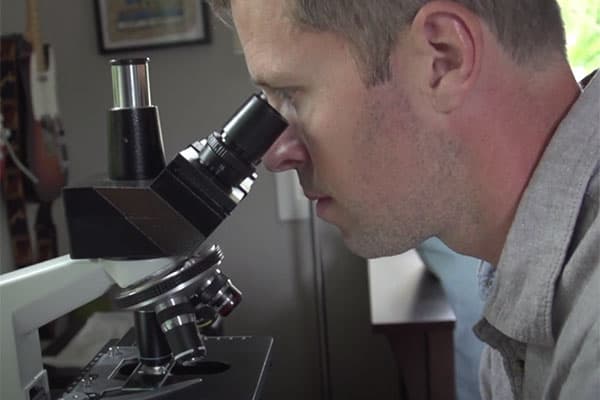Call now to speak with our Student Support Team
This incredible offer is being made available in April 2021, but attendees of the Soil Regen Summit 2021
are being offered exclusive Early Bird access and an extra $100 OFF
You Are 3 Steps Away From Beginning Your New Career As A Soil Food Web Consultant
Learn the Theory
Starting by taking the Foundation Courses
Put it into Practice
Complete the Consultant Training Program
Get to Work
Go out and Make an Impact!
What You'll Get With The Foundation Courses
The Foundation Courses are designed for people with no background in farming or in Biology!
All 4 Foundation Courses
Contact With
Dr. Elaine
Downloadable Course Material
Money Back Guarantee
Foundation Courses Content
FC 1
Introduction to the Soil Food Web
- Understanding soil
- The benefits of the Soil Food Web
- Soil Food Web microorganisms
- Working with the Soil Food Web
- Case studies
FC 2
Making BioComplete™ Compost
- The history of Compost
- BioComplete™ Compost
- Making BioComplete™ Compost
- Large scale production
- Application methods
FC 3
Making BioComplete™ Extracts and Teas
- Producing BioComplete™ extracts
- Producing and balancing BioComplete™ teas
- Application methods
FC 4
Microscopy
- Using the compound microscope
- Biological morphology
- Interpreting data
What your career may look like...
Brian used to work in IT. He pivoted to his passion. He’s now running his own successful business as a soil food web consultant and testing soil samples out of his home.
Keisha & Casey came from a permaculture background and they now run a successful commercial composting business in California – Catalyst BioAmendments.
Demand for Soil Food Web experts is so strong, Nick has a waiting list of clients who want to work with him.
Dr. Elaine’s™ Approach Is Accessible To Anyone.
Sign-up Today and Start Watching the Video Lectures.
It’s a self-paced course, so you can learn in your own time. If you get stuck, you can ask a question on the forum or in the live webinars.
Download All the Lecture Slides, and Written Materials.
Make your own notes to ensure that you really learn this material well. Put all this together and you have a permanent record to refer back to.
Take a Quiz After Each Lecture to Test your Knowledge.
You’ll get plenty of time and you are allowed to refer back to your notes and to the lecture slides too.
Dr. David Johnson
The Soil Food Web is Nature’s Operating System
Here are some of the benefits to the ENVIRONMENT, of restoring the soil food web:
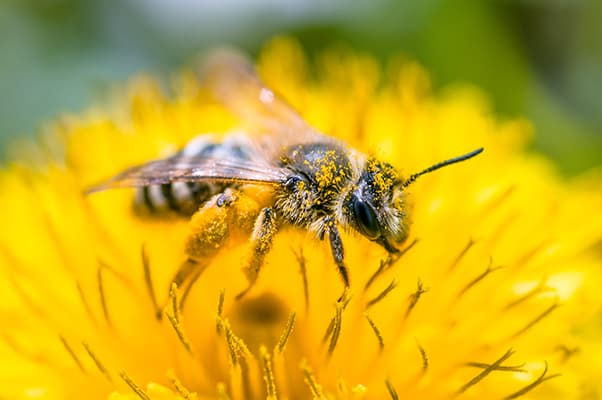
Protecting Insects & Plants
Recent studies have shown that the world’s insect populations have been declining by around 25% every decade for the last 30 years! Bird populations are also plummeting and other animals are being affected too. The major causes have been identified as habitat destruction and the use of pesticides.
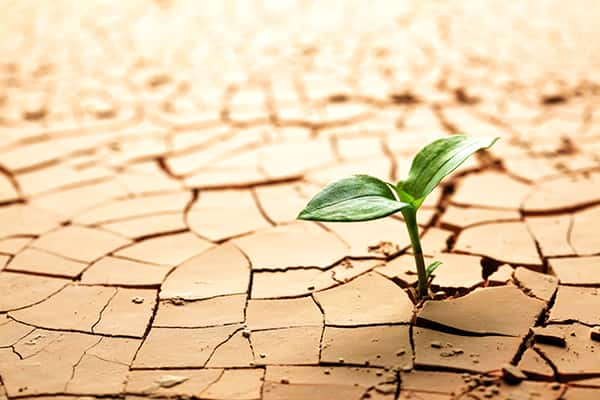
Prevent Soil Erosion
The earth’s topsoil’s are being eroded at an alarming rate – some recent estimates suggest that we only have between 30-60 years left before they are completely depleted. The soil food web is nature’s way of building the structure that prevents soils being washed-away by heavy rain or blown away by the wind. Intensive plowing and the use of chemicals destroys this structure, leaving the soil vulnerable to erosion.
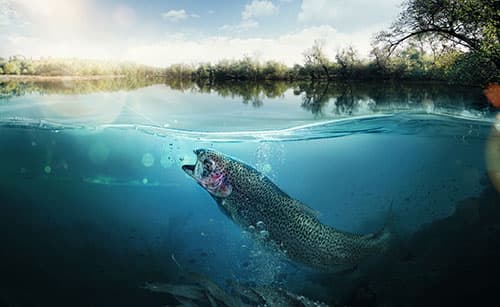
Clean Rivers & Oceans
Typically only about 40% of the inorganic fertilizers, applied by conventional farmers, are absorbed by plants. The rest pollutes our air, rivers, lakes and oceans, causing major damage to those ecosystems and to the world’s oceans. With the soil food web in place and the use of holistic management practices, inorganic fertilizers are not required.

Carbon Sequestration
Plants absorb carbon from the atmosphere during photosynthesis and they invest a substantial proportion of this into the soil (~40%), to the feed microorganisms. This is the basis of the mechanism that pumps carbon into the world’s soils. It has been estimated that by regenerating the world’s soils using the soil food web, we could halt and even reverse climate change within 15-20 years!
Restoring the Soil Food Web is the Essence of all Soil Restoration Practices.
Here are a few of the benefits for FARMERS:
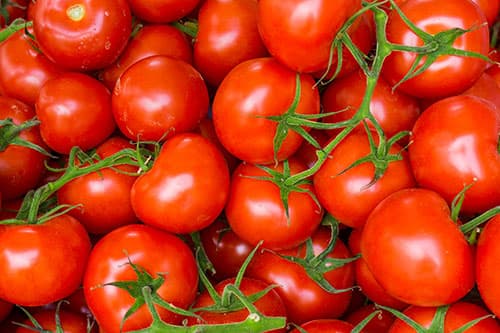
Higher Yields

Reduced Costs
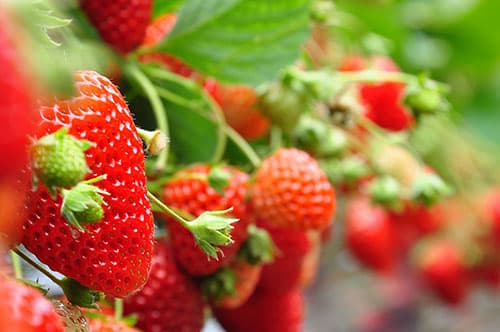
Better Quality
Increasing the quality of the yield is an important factor that can have a significant impact on profits. We have worked with many producers who have reaped the rewards of improving quality e.g tomato growers in South Africa who increased the percentage of their Grade 1 Produce from 18% to 50% in just 1 year. Shelf life can also be significantly improved by the soil food web. It is not currently understood how this works, but the results have been demonstrated.
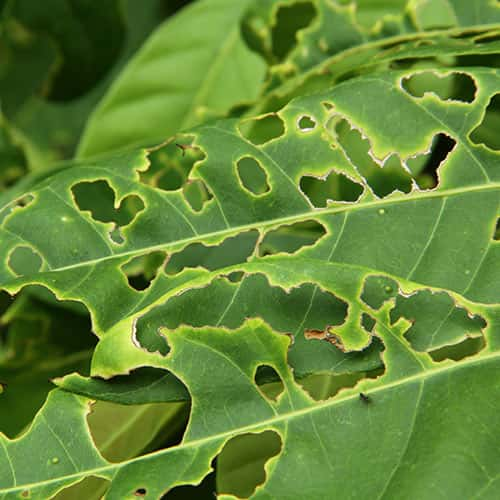
Disease & Weed Suppression
The army of microbes that comprise the soil food web not only nourishes plants and trees, it also protects them from diseases and pest organisms. By covering the surfaces (above and below ground) of the entire plant of tree, beneficial microorganisms form a protective layer that prevents diseases from attacking the plant. This is just one way in which plants and trees are protected from diseases and pests. The presence of a balanced soil food web also drastically reduces weed pressure by creating conditions that are not advantageous to weeds.

Together, We Can Heal Our Planet.
Choose your Payment Option
Full Access
$2,900
Payment Plan
With the payment plan, you’ll receive all 4 Foundation Courses for a total of $3,950 (normally $5,000), plus you’ll get the Certified Lab-Tech Program FREE (normally $1,000)!
$395
FAQs
Are the courses all online?
Yes the Foundation Courses are 100% online, theory based courses. You will watch a series of lectures and take a short quiz after each one.
Are the courses self paced?
Yes they are. You will need to commit around 100 hours in order to complete the 4 courses. You will be given access for 12 months – this is because we recognise that absorbing this much material requires a consistent and sustained effort. Time extensions after 12 months are considered on an individual basis.
When can I start?
You can start as soon as you sign up.
What will I learn?
- About the various groups of microorganisms that make up a fully-functional soil ecosystem, and how their interactions result in a constant flow of nutrients being made available to plants and trees.
- How plants and trees control the army of microorganisms in their root zones. Plants feed specific groups of microorganisms in order to harvest the particular nutrients required at any given moment. This results in vibrant, healthy plants and in super-nutritious fruits and vegetables.
- That there is an abundance of nutrients locked-away in the crystalline structure of the mineral particles that make-up all of the wold’s soils – from the desert sands to prairies and forests, there is no soil on earth that is incapable of providing all the nutrients that plants require. The missing-link is the army of soil microorganisms that can access these nutrients and make them available to plants.
- How beneficial soil microorganisms prevent diseases and pests from attacking plants. By occupying infection sites all over the roots and all of the above-ground parts of the plant, beneficial microorganisms make it impossible for the ‘bad-guys’ to get access to the plant. In addition to this, beneficial microorganisms create aerobic conditions in which the ‘bad-guys’ (which are mostly anaerobes) cannot survive.
- That beneficial microorganisms build structure in the soil, thus preventing soil erosion whilst simultaneously improving water holding capacity, infiltration and oxygenation. Having structure in the soil enables roots to go much deeper into the ground, where they can access greater quantities of water and nutrients.
- About the way in which the presence of beneficial fungi results in diminished weed pressure. Have you ever noticed how there are very few weed to be found in a forest?
- How introducing the Soil Food Web can drastically increase the ability of a soil to capture and store carbon from the atmosphere.
- The history of agriculture and how certain practices have resulted in the destruction of the soil food web in so many of the world’s soils.
- Basic plant physiology and biochemistry. The course covers the basics that are required in order for you to be able to fully understand the processes that are taking place in a living, functional soil.
- About how the soil food web has been reintroduced to over 5 Million acres worldwide. You will review a number of case-studies that demonstrate the effectiveness of the soil food web and how it can be implemented on projects of any scale, any crop and in any climate.
- How to make and apply BioComplete™ compost and liquids.
- About the different kinds of equipment you can use to make and apply the amendments you make.
- The farming practices that are harmful to soil biology and what farmers can do to avoid them.
- How to quantify the different organism groups in a soil, compost or liquid sample, using the compound microscope. This will enable you to measure results as they happen underground and before they happen above ground.
How many lectures are in the Foundation Courses?
There are 63 lectures total in all four Foundation Courses. To see the full break down of the Foundation Courses and the lecture titles, please click here.
How much do they cost?
The regular price is $5,000 for the 4 courses.
How long will it take me to complete them?
Students typically require about 100 hours in order to complete the FC at a reasonable pace. We would advise you to take your time and make notes that you can refer back to later. You will be able to download the slides from all the lectures and also the Course Manual which provides a great deal of supplemental information and an extensive glossary. You’ll have access to the lectures for the next 12 months so you can watch them as many times as you like.
Do I need any qualifications to start the courses?
The courses are designed for people with no background in the field. Basic chemistry and/or biology is an advantage.
Will this course enable me to find employment as a Soil Food Web Consultant?
Students wishing to pursue a career as a Soil Food Web Consultant will need to progress from the FC to the Consultant Training Program. Qualified consultants are currently in very high demand.
What do graduates do when they have completed their training?
Some become consultants and help farmers to transition away from using chemicals, to using biology instead. Others focus on producing great compost, which they then can sell to soil consultants or direct to farmers.




